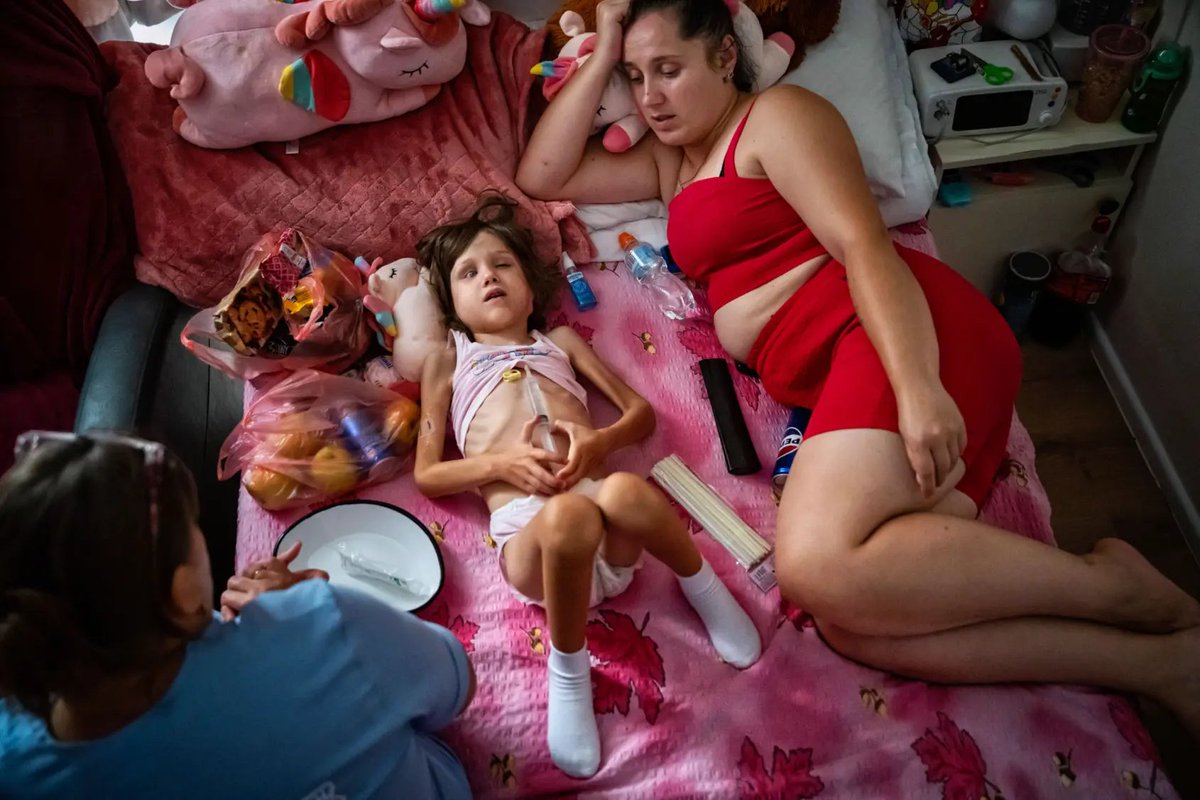107 years ago, Ukraine was internationally recognized as an independent state – even by Russia.
And what do you think happened next? You guessed it – Russia attacked.
Read on for the details ⬇️
And what do you think happened next? You guessed it – Russia attacked.
Read on for the details ⬇️

On February 9, 1918, Ukraine signed the Treaty of Brest-Litovsk with Germany, Austria-Hungary, Türkiye, and Bulgaria.
💬 It stated: "The Ukrainian people have declared themselves independent…They wish to take the first step toward a lasting and honorable peace for all parties."
💬 It stated: "The Ukrainian people have declared themselves independent…They wish to take the first step toward a lasting and honorable peace for all parties."
In exchange for food and raw materials, the Central Powers provided military aid to Ukraine to fight off Bolshevik aggression.
What happened next?
➡️ March 3, 1918 – Bolshevik Russia signed its own Brest-Litovsk Treaty, recognizing Ukraine’s independence.
➡️ 1919 – Russia invaded, gradually occupying most of Ukraine. By 1920, most of Ukraine was under Soviet control.
➡️ March 3, 1918 – Bolshevik Russia signed its own Brest-Litovsk Treaty, recognizing Ukraine’s independence.
➡️ 1919 – Russia invaded, gradually occupying most of Ukraine. By 1920, most of Ukraine was under Soviet control.
Over a century later, Ukraine is once again resisting Russia’s aggression – fighting for its sovereignty against another invasion.
Today, as in 1918, Ukraine pays a high price to preserve its independence – proving that the nation's aspiration for freedom remains unbreakable.
Today, as in 1918, Ukraine pays a high price to preserve its independence – proving that the nation's aspiration for freedom remains unbreakable.
• • •
Missing some Tweet in this thread? You can try to
force a refresh














